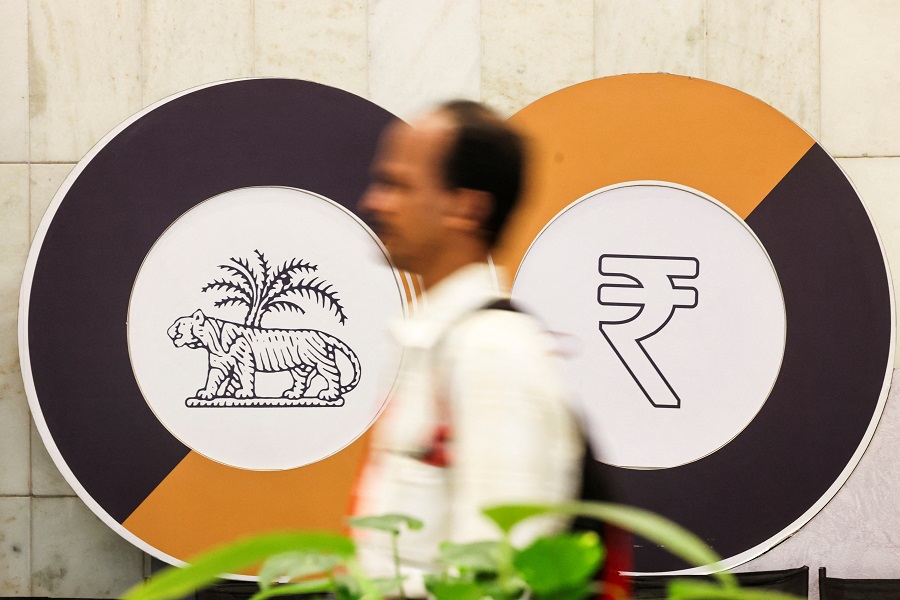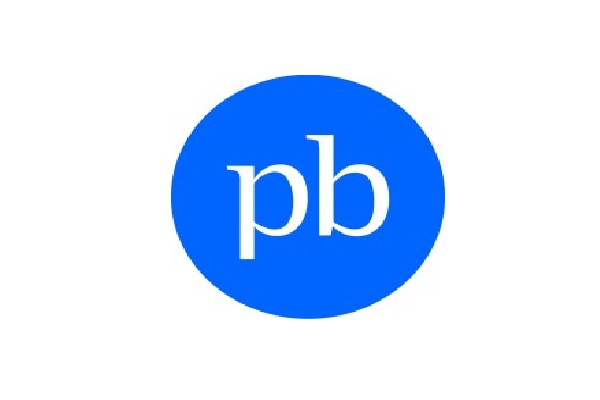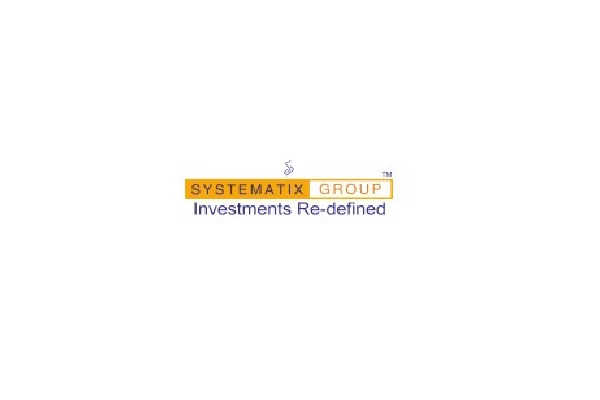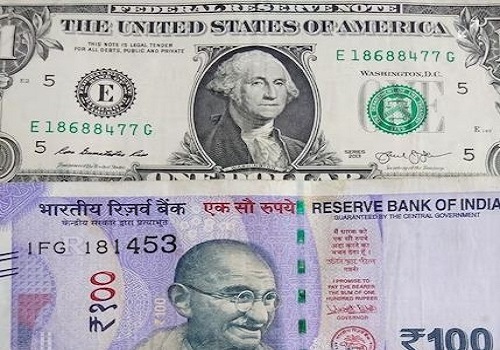India cenbank`s FX swaps spur inversion of rupee forward premiums curve

The Reserve Bank of India's forex swaps, to avoid directly impacting cash in the system as it supports the spiralling rupee, and the arbitrage between the offshore and onshore markets have inverted the dollar/rupee forward premiums curve.
The implied yield on near-maturity forwards is now higher than on longer-term forwards for the first time this year.
For instance, the implied yield on the 1-month dollar/rupee forward premium is 30 basis points higher than on the 1-year, while the implied yield on the 3-month is 14 bps higher than on the 1-year.
The dollar/rupee forward premiums are an important consideration for companies in making forex hedging decisions. A distortion in the premiums curve could impact the tenure of the hedges and thus, a company's decision on taking a hedge.
The RBI's FX swaps are skewing the forward premium curve, said Madhavi Arora, lead economist at Emkay Global Financial Services.
The central bank has been selling dollars in the spot market to support the rupee as the currency hits new all-time lows on a regular basis.
But that intervention drains rupee liquidity, and to negate that, the RBI has had to resort to buy/sell dollar-rupee swaps, which is essentially selling dollars for a future maturity, thus leaving rupee liquidity and forex reserves unaffected.
The central bank intervened via both methods on Thursday as well, as the rupee dropped to a lifetime low of 84.88 per U.S. dollar.
However, the RBI has been doing the buy/sell swaps in the mid to longer maturities, pushing those forwards lower. Last week, the 1-year implied yield dropped below 2% for the first time in four months.
On the other hand, yields on near maturities have surged, thanks largely to the arbitrage opportunities between the onshore and the non-deliverable forward (NDF) market, bankers say.
The NDF dollar/rupee rates have been rising due to the rupee's weak outlook, leading to the arbitrage.
To exploit the arbitrage, largely in the 1-month, banks have to buy dollars in the onshore forward market, which pushes up premiums in that tenor.























